Dog / Detail
Natural-Born Water Dogs: A Splashing Good Time
Jonathan Bennet | 21 August 2024 | 18:05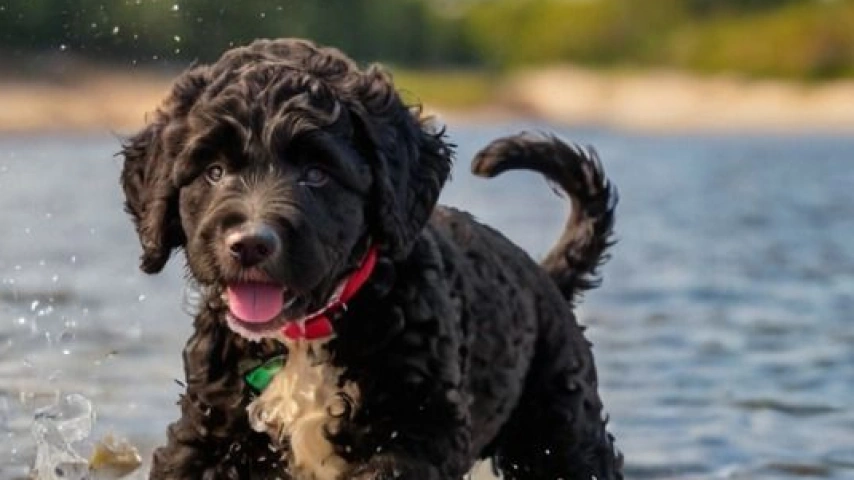
Some dogs seem to have been born with tiny webbed feet and a built-in GPS for the nearest body of water. These breeds have been selectively bred over centuries for their aquatic abilities, developing physical attributes and temperaments perfectly suited to life in, on, or around water.
Retriever Retrievers
Leading the pack of natural swimmers are the Retriever breeds. Labrador Retrievers and Golden Retrievers, in particular, are renowned for their love of water. Their dense, water-repellent coats, powerful tails (which double as rudders), and webbed feet make them exceptionally capable swimmers. Originally bred to retrieve waterfowl for hunters, their instincts for water are deeply ingrained.

Spaniels with a Splash
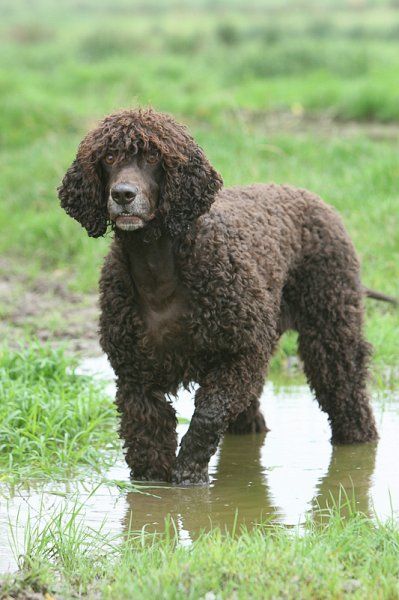
Spaniels, too, have a strong affinity for water. The Irish Water Spaniel is perhaps the most obvious example, with its distinctive curly coat that repels water like a duck's back.
Other spaniel breeds, such as the Cocker Spaniel and English Springer Spaniel, also enjoy swimming and are often used for water-based activities.
Water-Loving Working Breeds
Several working breeds have also been developed for their water skills. Newfoundlands, for instance, are known as "nanny dogs of the sea" for their ability to rescue people from drowning.
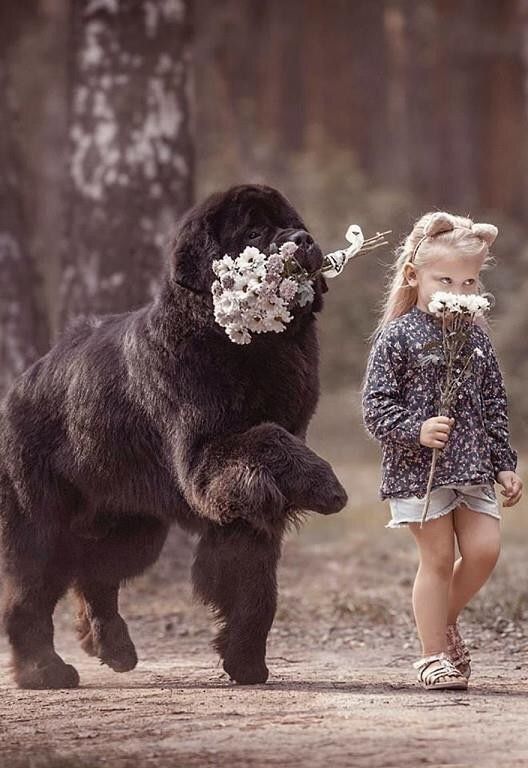
Their thick, double coats provide excellent insulation in cold water, and their large size and strength make them formidable swimmers.
Other water-oriented working breeds include the Portuguese Water Dog, a breed developed by Portuguese fishermen to retrieve lost fishing nets and tools, and the Otterhound, which was bred to hunt otters in their watery habitats.
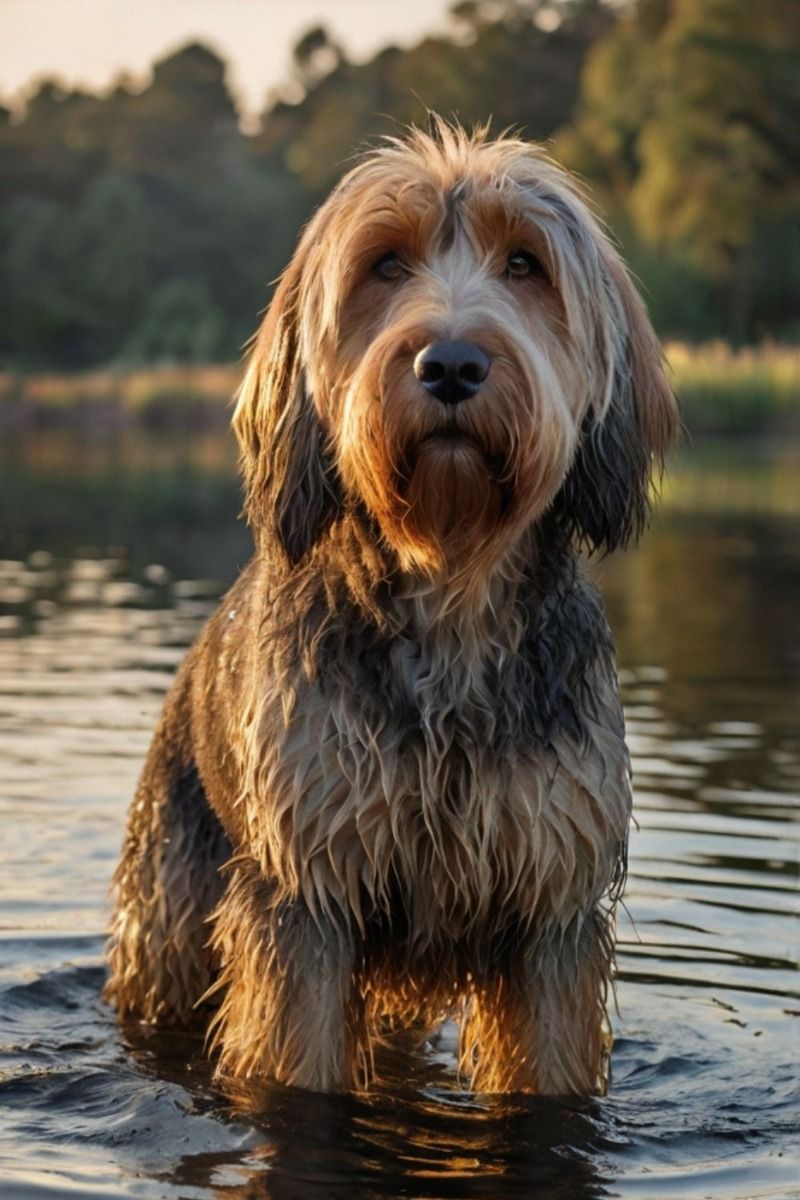
The Benefits of Owning a Water Dog
Living with a natural-born swimmer offers a host of advantages:
- Exercise Enthusiasts: These dogs often have boundless energy and require plenty of exercise. Swimming provides a low-impact, full-body workout that can help them burn off excess calories and maintain a healthy weight.
- Cool Customers: In hot weather, a dip in the pool or lake can be a refreshing way to cool down. Water dogs often love the opportunity to splash around and beat the heat.
- Rescue Ready: While we hope it never happens, having a dog with natural swimming abilities can provide peace of mind. In case of emergencies involving water, they might be able to assist in rescue efforts.
- Bonding Experiences: Sharing water-based activities with your dog can strengthen your bond. Whether it's swimming, playing fetch in the lake, or simply splashing around together, these experiences create lasting memories.
Do Natural Swimmers Still Need Training?
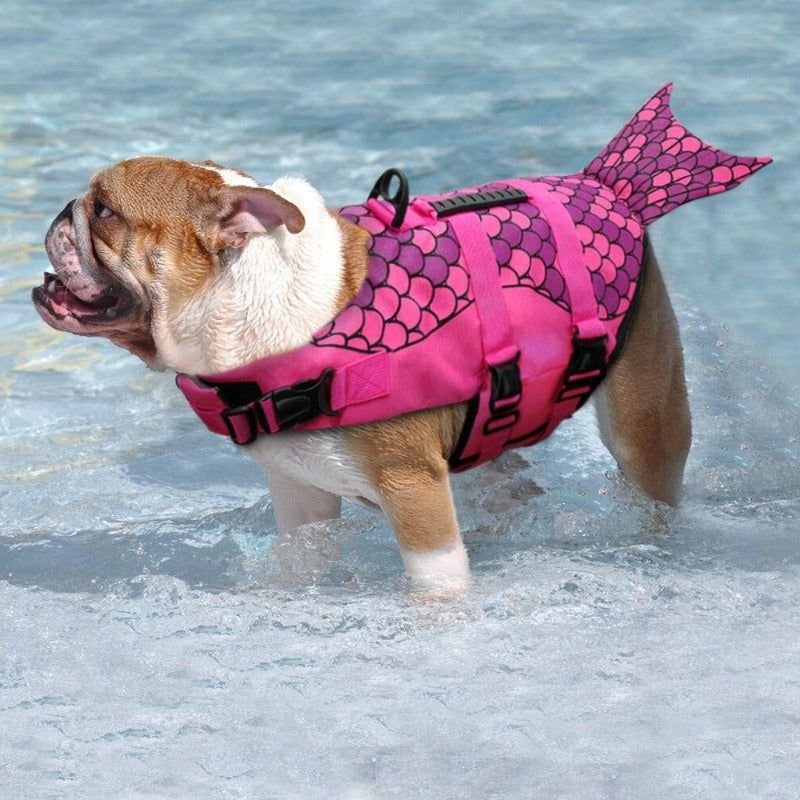
While natural swimmers may have a head start, training can still be beneficial. Here's why:
- Safety First: Even the most confident swimmers can encounter difficulties. Teaching your dog basic water safety commands, such as "come," "stay," and "leave it," can prevent accidents.
- Building Confidence: Some dogs may be hesitant to enter deep water or face challenges like waves or currents. Gradual training can help build their confidence and enjoyment of swimming.
- Refinement: Even natural swimmers can benefit from refining their swimming techniques. For example, teaching a dog to retrieve objects from the water can improve their swimming style and endurance.
- Physical Fitness: Regular swimming workouts can help maintain your dog's overall fitness and flexibility.
Remember, every dog is an individual, and not all dogs of these breeds will be natural swimmers. Some may be hesitant or afraid of water. Always approach water activities with caution and respect your dog's comfort level.
Related
-

The Healing Power of Dogs: How Canine Therapy is Revolutionizing Mental Health and Boosting Positive Energy in Humans
Dog14 November 2024
-

A Pawsitive History: Dogs of Nuremberg
Dog09 November 2024
-

The Role of Oxytocin in the Human-Dog Bond: The Science Behind Our Deep Connection
Dog06 November 2024
-

Beyond the Beach: Jamaica's Dog Lovers
Dog29 October 2024
-

A Dog's Delights: Homemade Snacks for Our Furry Babies, Recipes Included!
Dog29 October 2024
-

A Dog's Disorientation: Understanding Your Dogs' Wanderlust
Dog29 October 2024
Popular
-

-

A Pawsitive History: Dogs of Nuremberg
09 November 2024 -

-

Beyond the Beach: Jamaica's Dog Lovers
29 October 2024 -
